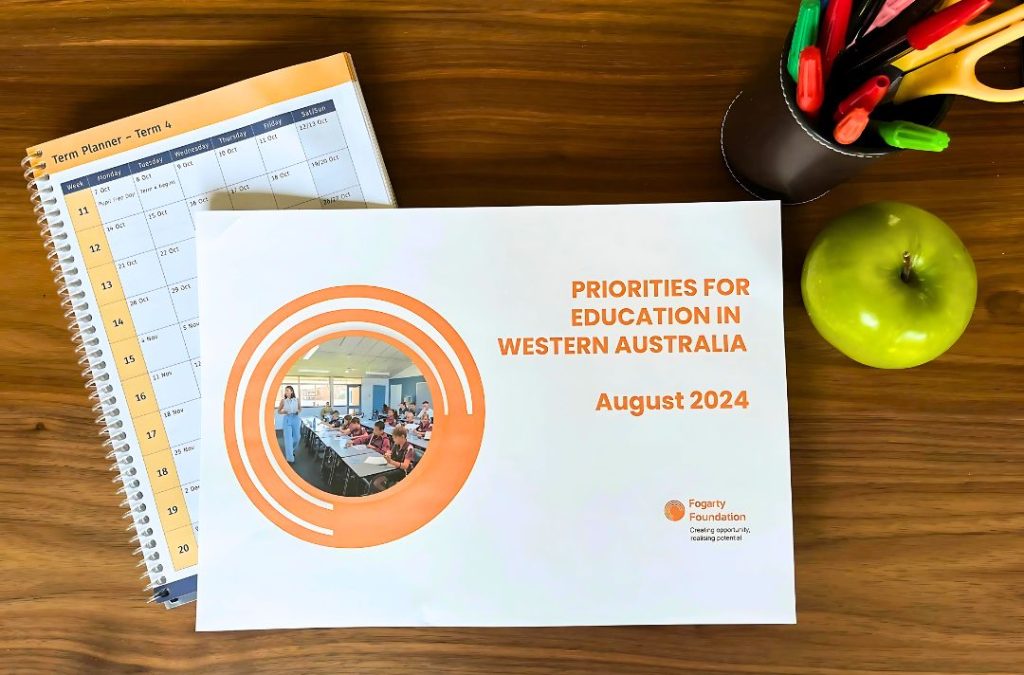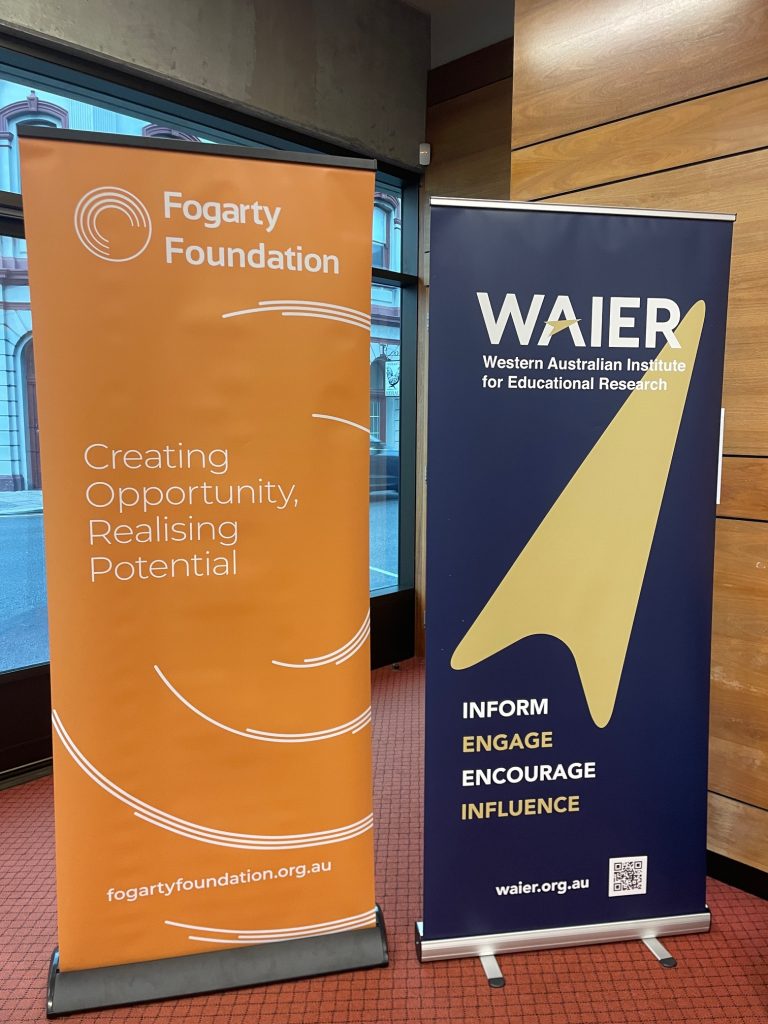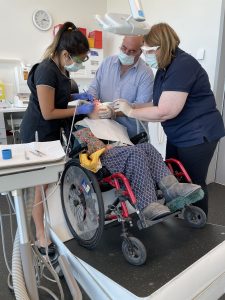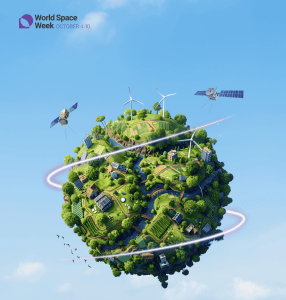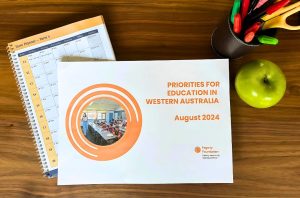UWA Fogarty Scholar Caleb Adams Reflects on Milo Mission Academy for Luna Exploration
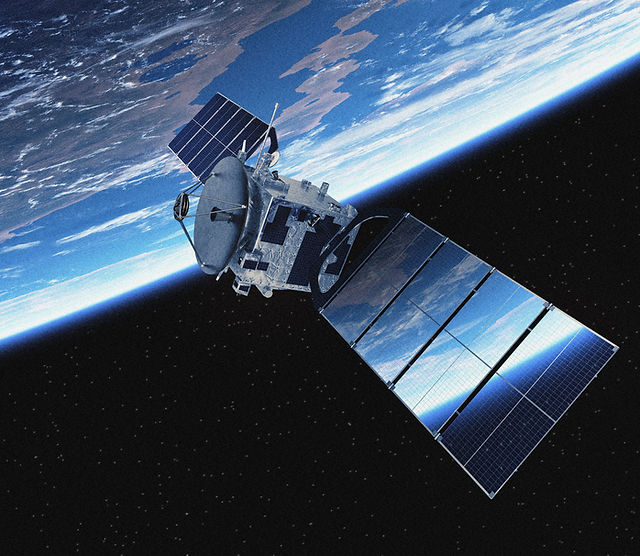
In the evolving landscape of space exploration, opportunities for hands-on learning and insight are invaluable. Recently, Caleb Adams, a UWA Fogarty Scholar, had the opportunity to participate in the Milo Mission Academy for Luna Exploration. Sponsored by AROSE, this Academy is designed for college, university, and early career participants from Australia and New Zealand. It is a 12-week STEM workforce development program offered virtually, enabling geographically diverse students to fully participate, regardless of their location.
Led by Arizona State University’s (ASU) School of Earth and Space Exploration, the Milo Mission Academy offers a unique platform for aspiring space enthusiasts to delve into the dynamic realm of space science. The academy provides participants with a hands-on, deep-dive understanding of the space mission life cycle. This team-based experience helps participants gain knowledge about the needs of the space sector and learn the practices, protocols, and procedures required to operate within a space environment. The skills gained through this academy are foundational workforce skills transferable across many Earth-based sectors, including Energy, Resources, Defence, Communications/Tech, and Advanced Manufacturing.
In a recent interview, Caleb shared his thoughts, “Participating in the Milo Mission Academy was a transformative experience. It provided me with practical insights into the complexities of space exploration, something that’s hard to come by through traditional coursework alone.”
Reflecting on his 12-week participation in the project, Caleb emphasised the hands-on learning approach offered by ASU’s School of Earth and Space Exploration. “The Milo Mission Academy provides a remarkable opportunity to gain practical insights into the complexities of space exploration,” Caleb stated. “The course is designed to be accessible to everyone, with a hands-on approach that truly sets this program apart.”
When asked about the highlights of the experience, Caleb spoke passionately about the depth of knowledge he acquired during the program. “One of the most remarkable aspects was the opportunity to work on real-world projects. For instance, we developed a comprehensive high-quality NASA-style document for an upcoming mission. This project allowed us to apply our engineering, teamwork, and leadership skills in a practical setting.” Another of these real-world projects Caleb participated in was the Mission Concept Review (MCR). ‘It was incredibly rewarding to see our ideas take shape and understand how they could fit into the space exploration ecosystem,” Caleb shared.
The most significant piece of knowledge Caleb acquired during the Academy was the importance of systems thinking in space missions. “Understanding how different components of a mission interact and depend on each other was incredibly insightful. This high-level view is essential for the successful planning and execution of space projects,” he explained.
The Milo Mission Academy is structured to offer a blend of online lectures, interactive sessions, and collaborative projects. Lectures are delivered by leading experts in space science and technology, providing a comprehensive curriculum that covers both theoretical and practical aspects of space exploration. Caleb noted, “One of the highlights of the Academy is the total immersion in creating NASA-style deliverables with the support of industry leaders and group mentors to guide the experience.” Caleb also appreciated this collaborative and flexible nature of the Academy, emphasising the perspectives brought by presenters from diverse fields. “Being part of a community of like-minded individuals, all driven by a shared passion for space exploration, was truly inspiring,” he noted. “The discussions and exchanges of ideas fostered a dynamic learning environment that encouraged innovation and collaboration’’. Moreover, working solely online taught Caleb how to operate effectively with others even without face-to-face contact. “I enjoyed how this online environment blended independent working with collaboration to deliver high-quality deliverables throughout the Academy,” he said.
The use of this highly interactive and project-based approach is designed to enhance participants’ understanding of space exploration. Caleb elaborated, “We worked on long-term projects at the same time as completing smaller skill modules and watching theory-based live lectures. I particularly valued working on these longer deliverables, with smaller bite-sized online learning modules dispersed throughout the Academy to provide a comprehensive theoretical and practical knowledge of how the space industry works.”
When asked what advice he would give to someone considering joining the Milo Mission Academy, Caleb was enthusiastic. “My advice to someone considering joining the MILO Mission Academy is to fully embrace the opportunity. Be prepared to engage deeply with the learning material provided, collaborate with your peers, and take initiative in your learning. This program is a unique chance to gain hands-on experience and make meaningful connections in the field of space science. I would encourage anyone curious about the space sector to apply for the Academy.’’
Looking ahead, Caleb expressed his gratitude for the opportunity to participate in the Milo Mission Academy and his excitement for the future of space exploration. “The knowledge and skills I gained from this experience will undoubtedly shape my journey in the field of space science,” he said. Participating in the MILO Mission Academy has solidified Caleb’s ambition to work in the space sector. “I am eager to apply what I’ve learned and contribute to the ongoing efforts to explore and understand our universe.” It has inspired him to focus on the development of technologies that can make a significant impact on sustainability and national security.
“The experience has also reinforced my commitment to contribute to space policy discussions and advocate for the advancement of the aerospace industry and space sector in Australia,” Caleb added.
Caleb envisions applying what he has learned to advance the integration of near-space and unmanned aerial systems into Australia’s response to climate change and national security discussions. “These technologies have already proven their economic benefits in other parts of the world, and I aim to bring these advantages to Australia. By contributing to the development and implementation of these systems, I hope to enhance the sustainability and prosperity of our community, ultimately making a lasting impact on the future of space exploration,” he stated.
The Fogarty Foundation is excited by advancements taking place in Australia’s space sector. Initiatives like the Milo Mission Academy serve as a vital link, facilitating the transition of tertiary students and early-stage career professionals who are aspiring to pursue careers or research projects in space-related fields. Engaging in exploration and broader interaction with the galaxy holds promise for benefiting all on Earth.
The Milo Mission Academy is delivered exclusively in Australia and NZ by AROSE and offered annually at the start of a calendar year. To learn more, visit AROSE here.
